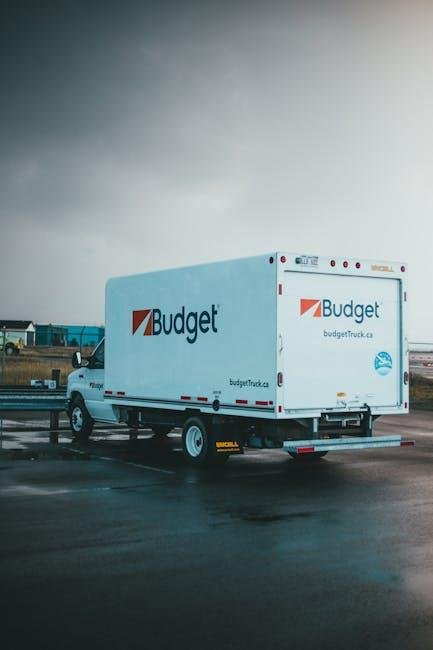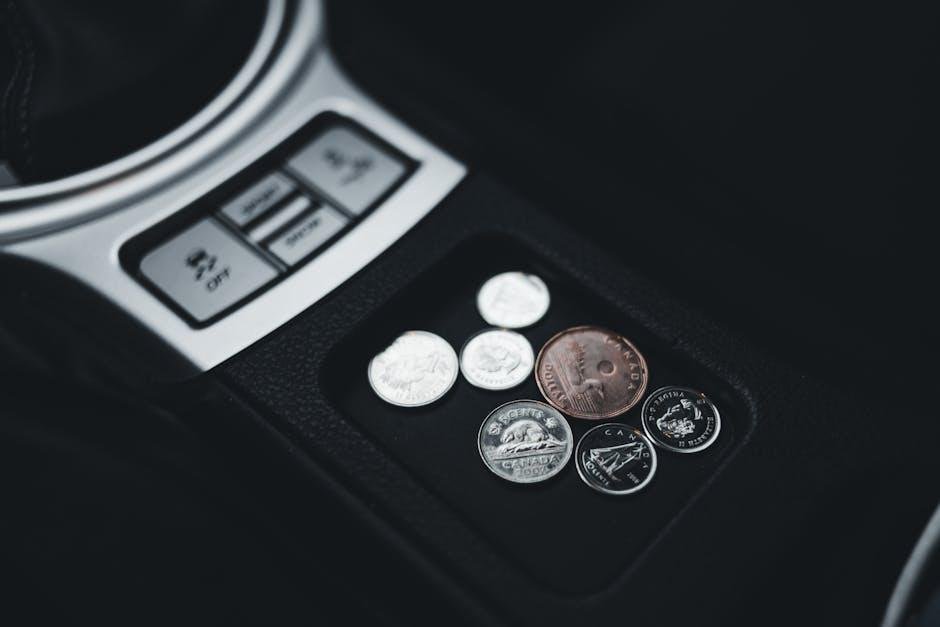Navigating the Road Ahead: A Guide to Budgeting for Annual Car Costs
Owning a car is frequently enough seen as a gateway to freedom and convenience, allowing us to embark on spontaneous road trips and tackle daily commutes with ease. However,beneath the glossy appeal of driving lies a complex network of financial responsibilities that can sometimes catch even the savviest of drivers off guard. From the fuel that keeps our engines running to the insurance premiums that offer peace of mind, the annual costs of car ownership can accumulate in ways that are both predictable and unexpected. This article aims to illuminate the essential elements of budgeting for car expenses, providing insights that will help you steer clear of financial potholes and ensure that the journey of car ownership remains smooth and lasting. Join us as we explore the varied facets of budgeting for annual car costs,empowering you to make informed choices that blend practicality with the joy of the open road.
Understanding the True Costs of Car Ownership
Owning a car goes beyond just the initial purchase price; it’s essential to consider a variety of ongoing expenses that accumulate over time. Each year,car owners should allocate a budget for important categories such as fuel,insurance,maintenance,and registration fees. Here’s a brief overview of the typical annual costs:
- Fuel Costs: Varies based on driving habits and fuel prices.
- Insurance Premiums: Calculated by factors like driving history and vehicle type.
- regular Maintenance: Includes oil changes, tire rotations, and brake inspections.
- Registration Fees: Required payments made to maintain your vehicle’s legal status.
To better illustrate these costs, consider the following table that summarizes potential annual expenses for an average vehicle:
| Expense Category | Estimated Annual Cost |
|---|---|
| Fuel | $1,500 |
| Insurance | $1,200 |
| Maintenance | $600 |
| Registration | $150 |
These figures can vary widely based on individual circumstances and driving habits, but they provide a useful starting point for budgeting effectively. Understanding and planning for these costs will help ensure that car ownership remains a positive and manageable experience.

Essential Components of Your Car Budget
When formulating your car budget, it’s crucial to consider several key components that contribute to the overall cost of vehicle ownership. First and foremost, account for the fixed expenses such as monthly loan payments or lease fees. These amounts can vary significantly based on the type of vehicle you choose and the financing terms you secure. Additionally, don’t overlook the variable costs that fluctuate with usage, like fuel prices, which can greatly impact your budget depending on your driving habits and local fuel rates.
Maintenance and repair expenses should also have a dedicated line in your budget. Regular servicing, such as oil changes and tire rotations, helps prolong your vehicle’s life and maintain its value. Beyond this, consider the potential costs of unexpected repairs, which can arise at any time. It’s prudent to set aside a modest amount each month to cover these eventualities. Moreover,there’s also the cost of insurance and registration fees that need to be accounted for annually. The following table provides a fast reference for these essential costs:
| Cost Type | Estimated Annual Cost |
|---|---|
| Loan Payment | $3,600 |
| Fuel | $1,200 |
| Maintenance & Repairs | $600 |
| Insurance | $1,200 |
| Registration | $150 |

Effective Strategies for Managing Annual Expenses
Managing annual car expenses can seem daunting, but with a well-structured approach, you can navigate your costs effectively.Start by creating a detailed annual car expense spreadsheet to track all relevant costs. include categories such as fuel, insurance, maintenance, and registration fees. This will help you to identify areas where you can cut back or identify expenses that may have gone unnoticed. additionally,consider setting aside a dedicated fund for unexpected repairs or emergencies,allowing you to maintain peace of mind while driving.
To streamline your budgeting process, use the following strategies:
- Regular maintenance: Schedule routine check-ups to prevent costly repairs.
- Insurance Review: Shop around for competitive rates annually and take advantage of discounts.
- Fuel efficiency: Opt for a fuel-efficient vehicle or carpool to minimize fuel expenses.
- Emergency Fund: Create a savings plan specifically for unexpected auto-related costs.
| Expense Category | Monthly Estimate ($) | Annual Total ($) |
|---|---|---|
| Fuel | 150 | 1,800 |
| insurance | 100 | 1,200 |
| Maintenance | 75 | 900 |
| Registration | 25 | 300 |

Planning for Unexpected Car-Related Financial Surprises
While budgeting for car expenses, it’s essential to set aside a portion for unexpected costs that may arise. Whether it’s a sudden breakdown or an unforeseen repair,these surprises can significantly affect your finances if you’re unprepared. Consider establishing a car emergency fund to cushion against these unanticipated events.You might also want to track your research on common issues for your car model, enabling you to anticipate potential repairs before they become urgent needs.
Here are some tips to help you plan effectively:
- Perform routine maintenance checks to avoid larger issues down the line.
- Set aside 10-15% of your total annual car budget specifically for unexpected expenses.
- Consider extended warranties or roadside assistance plans that can provide peace of mind.
| Common Unexpected Expenses | Estimated Cost |
|---|---|
| Tire Replacement | $100 – $300 |
| Brake Repair | $150 – $500 |
| battery Replacement | $75 – $200 |
| Engine Repairs | $500+ |
Concluding remarks
As we close the chapter on budgeting for annual car costs, remember that a well-planned budget isn’t just a list of expenses; it’s a roadmap to peace of mind and financial freedom. By understanding and anticipating the expenses related to your vehicle, you empower yourself to make informed decisions, whether that means setting aside a little extra for unexpected repairs or planning for your next big purchase.
With every dollar you allocate to maintenance, insurance, fuel, and other costs, you’re not just managing finances; you’re investing in the reliability of your rides and the joy of the journeys ahead. So,take a moment to reflect on your unique driving needs and let your budget be the guiding light that helps steer you clear of financial potholes. With foresight and diligence, you can navigate the open road with confidence, ready to embrace the adventures that await just around the bend. Safe travels!


